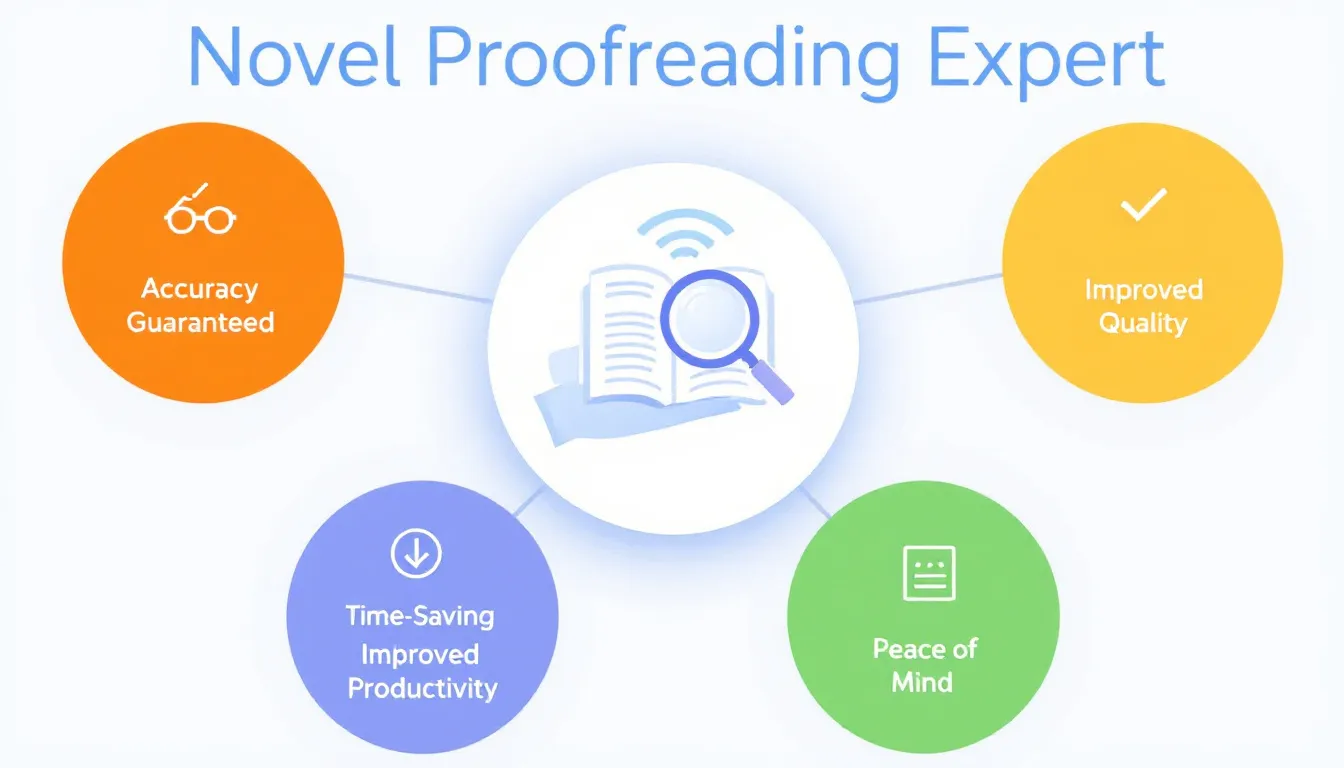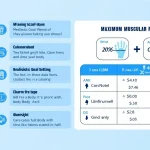Novel Proofreading Feedback
Is this tool helpful?
How to Use the Novel Proofreading Feedback Tool Effectively
Follow these steps to get precise and helpful proofreading feedback tailored to your novel:
-
Paste Your Novel Text: In the main text area, insert the portion of your novel you want reviewed. This could be anything from a chapter to a critical scene. For example:
- An excerpt from a fantasy adventure beginning with: “The ancient forest whispered secrets as Elara stepped beyond the stone gate.”
- A suspenseful moment in a thriller: “Rain hammered down as Detective Lee approached the abandoned warehouse, heart pounding.”
-
Specify the Genre or Style (Optional): Enter the genre or writing style to guide the feedback to suit your specific novel. Some sample entries include:
- “Post-apocalyptic science fiction”
- “Contemporary young adult coming-of-age”
-
Define Your Target Audience (Optional): Describe who you envision reading your book to tailor suggestions further. Examples:
- “Readers aged 30-45 interested in historical thrillers”
- “Middle school students who enjoy fantasy stories”
- Submit Your Request: Click the button to receive detailed proofreading feedback. The tool analyzes your text and returns insights on grammar, style, and narrative elements.
- Review and Apply Suggestions: Use the feedback to identify errors and improve clarity, flow, and reader engagement in your manuscript.
- Copy the Feedback: Save the results for reference or share them with editors and writing groups using the provided copy feature.
What Is the Novel Proofreading Feedback Tool and How It Benefits You
This tool helps you improve your manuscript by providing comprehensive proofreading feedback. It examines your novel’s text for grammar, punctuation, syntax, and style issues, while also assessing narrative flow and genre-specific conventions. The tool assists you in honing your writing without needing extensive manual editing, making your revision process more efficient and effective.
Whether you’re polishing a first draft or prepping your final manuscript, this tool supports you by catching errors often missed and by suggesting improvements that enhance readability and storytelling.
Key Benefits of Using the Tool
- Identifies Various Writing Errors: Detects grammar mistakes, punctuation faults, spelling errors, and awkward syntax.
- Improves Narrative Flow: Suggests better paragraph transitions, pacing adjustments, and cohesive dialogue.
- Refines Style and Tone: Offers advice on maintaining consistent voice, using literary devices effectively, and matching genre expectations.
- Enhances Audience Relevance: Adjusts feedback based on your specified target readership for greater impact.
- Saves Time and Money: Reduces repetitive manual proofreading and lowers reliance on costly professional editing.
- Develops Your Writing Skills: Highlights common errors, helping you improve your craft with each revision.
Practical Uses of the Novel Proofreading Feedback Tool
1. Preparing Manuscripts for Submission
Before submitting your novel to agents or publishers, this tool helps polish your manuscript. By correcting technical errors and suggesting stylistic improvements, it strengthens your first impression.
Example:
An author refined her historical fiction manuscript using the tool’s feedback, which tightened dialogue and eliminated inconsistencies, leading to positive responses from literary agents.
2. Self-Publishing Preparation
Self-published authors use this tool to catch errors early and enhance clarity, reducing rounds of human editing and saving editing costs.
Example:
A mystery author submitted a cleaner draft to her editor after applying the tool’s feedback, allowing the editor to focus on refining plot and character development.
3. Enhancing Writing in Workshops and Critique Groups
Writers submit drafts pre-polished with this tool to their groups, enabling more focused discussions on deeper narrative and thematic issues.
Example:
A community workshop saw improved critique quality as members used the tool to sharpen their submissions before sharing.
4. Assisting Academic Writers
Besides creative writing, the tool aids academic authors in maintaining tone consistency and clear argumentation in theses and dissertations.
Example:
A doctoral candidate improved the readability of a lengthy dissertation while preserving academic rigor using the tool’s suggestions.
5. Supporting Content Creators and Bloggers
Content writers improve structure and engagement by applying the tool’s feedback to articles and marketing materials.
Example:
A marketing team boosted reader retention and social media shares by refining posts using the tool’s insights.
6. Helping ESL Authors and International Writers
The tool detects nuanced errors and improves idiomatic English usage, aiding authors writing in English as a second language.
Example:
An international novelist polished her manuscript for English-language markets, improving natural phrasing and fluidity with the tool’s help.
Important Disclaimer
The calculations, results, and content provided by our tools are not guaranteed to be accurate, complete, or reliable. Users are responsible for verifying and interpreting the results. Our content and tools may contain errors, biases, or inconsistencies. Do not enter personal data, sensitive information, or personally identifiable information in our web forms or tools. Such data entry violates our terms of service and may result in unauthorized disclosure to third parties. We reserve the right to save inputs and outputs from our tools for the purposes of error debugging, bias identification, and performance improvement. External companies providing AI models used in our tools may also save and process data in accordance with their own policies. By using our tools, you consent to this data collection and processing. We reserve the right to limit the usage of our tools based on current usability factors.







